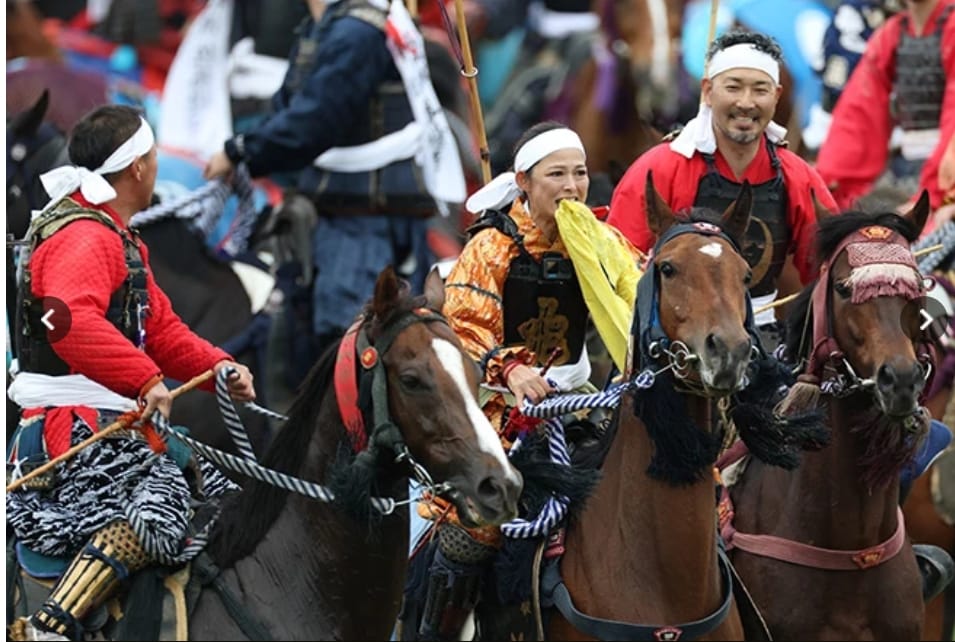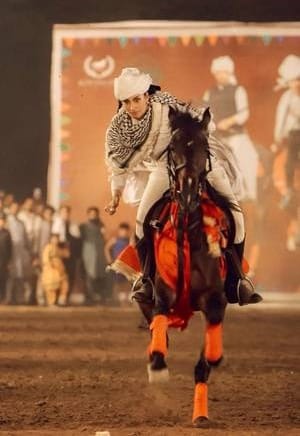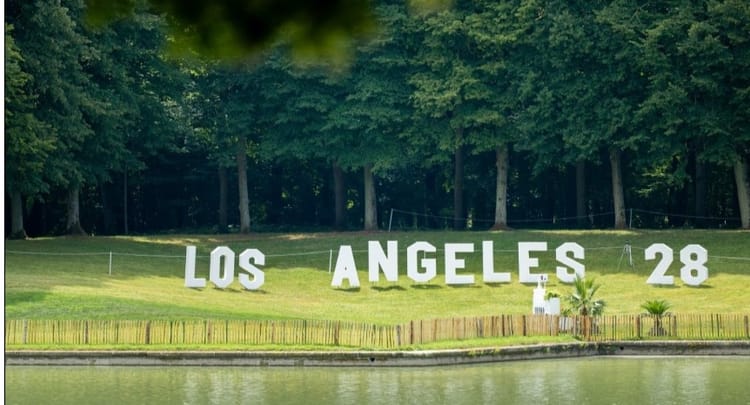A Thousand Years of Tradition — and Finally, Women Get to Ride on Their Terms

For the first time in its 1,000-year history, Japan’s Soma-Nomaoi festival has removed gender-based restrictions—and the impact was immediate.
Eight women rode in this year’s three-day event in Fukushima Prefecture, marking a historic moment in one of Japan’s oldest equestrian traditions. Until now, only unmarried women under the age of 20 were permitted to participate. That rule is now gone.
And with it, the door has finally opened.
Among the new riders was 39-year-old Miwa Hosokawa, who last competed at 19 before being sidelined by rules that excluded her based on age and marital status. This year, wearing a traditional jinbaori surcoat sewn by her late mother, she returned—riding not just for herself, but for every woman who had been told no.
During the sacred flag-catching event, Hosokawa caught the flag mid-fall, triggering a thunderous response from the 35,000-strong crowd.
Visibly emotional, she said, “I feel my mother was looking down on me. I hope the relaxed conditions will allow more women to take part in order to preserve this traditional event.”
It wasn’t just a personal victory—it was a visible shift in what participation can and should look like.
Ayano Uehara, 31, joined the festival for the first time after working behind the scenes as a city employee. Inspired by a former classmate, she began riding lessons as soon as the rule change was announced in February. This year, she rode in the opening parade, donning samurai attire alongside male riders—a symbol of how representation evolves when access is expanded.
Both women expressed a deep connection to the cultural significance of the festival—but neither framed their participation as symbolic. This wasn’t about tokenism. It was about belonging.
Hosokawa, who had delayed marriage due to the outdated "single woman" requirement, is now thinking about her future on her own terms.
“With the single woman condition also eliminated, I want to think about marriage after things settle down a bit,” she shared.
These changes are about more than just updating an ancient rulebook. They’re about making space—space for identity, choice, contribution, and legacy. When traditions are upheld by exclusion, they risk fading into irrelevance. But when they evolve, they become stronger.
This year’s Soma-Nomaoi proved just that.





